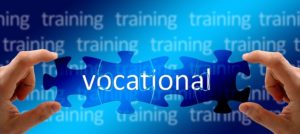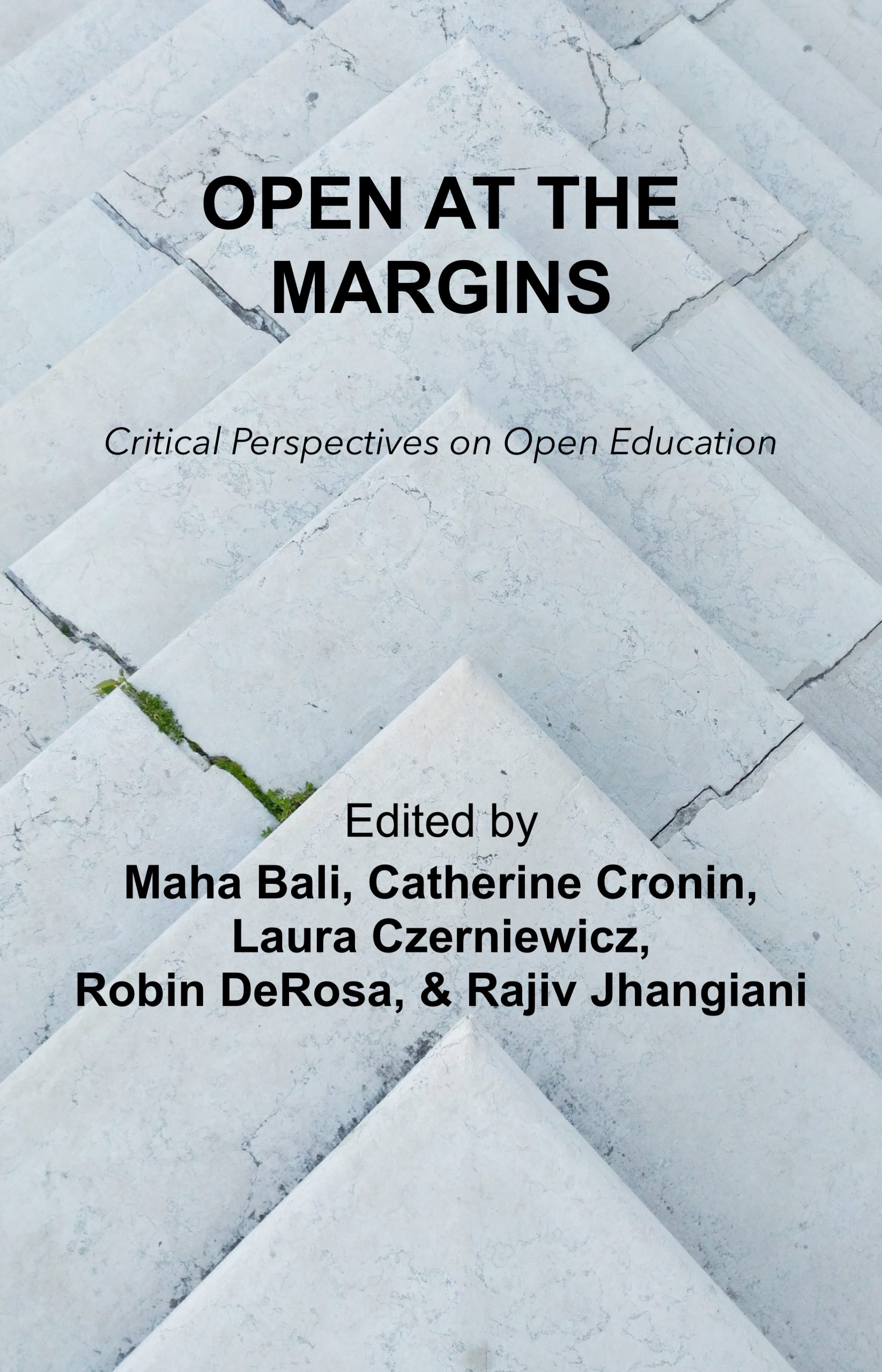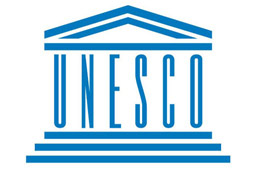Workshop on Ai and Vocational Education as part of European Vocational Skills Week

geralt (CC0), Pixabay
This week is European Vocational Skills Week.
And as a partner of the European Vocational Skills Week the Taccle AI project, is organising an online workshop on “Artificial Intelligence for and in VET” on Tuesday 10 November 15:00 – 16:30 CET. Our Taccle AI project partners from five European countries will welcome you.
About the Workshop:
AI is particularly important for vocational education and training (VET) as it promises profound changes in employment and work tasks. Not only are some jobs vulnerable and new jobs likely to be created but there will be changing tasks and roles within jobs, requiring changes in initial and continuing training, for those in work as well as those seeking employment. This will require changes in existing VET content, new programmes such as the design of AI systems in different sectors, and adaptation to new ways of cooperative work with AI.
For VET teachers and trainers there are many possible uses of AI including new opportunities for adapting learning content based on student’s needs, new processes for assessment, analysing possible bottlenecks in learners’ domain understanding and improvement in guidance for learners
In our workshop we will explore these issues with short inputs and breakout sessions for discussion by participants around key issues.
Register now (here)!

 sponsored by the European Commission to promote firstly open source software and subsequently open educational resources. And since then, some fifteen or so years ago we have published everything under a Creative Commons license. And slowly over the years the debate has shifted, over the past years looking at the meaning of open education practices.
sponsored by the European Commission to promote firstly open source software and subsequently open educational resources. And since then, some fifteen or so years ago we have published everything under a Creative Commons license. And slowly over the years the debate has shifted, over the past years looking at the meaning of open education practices.
 Last year I evaluated the ICT in education projects and programmes for UNESCO. In particular I looked at UNESCOs work in sub Saharan Africa. In a ‘Landscape Review’ of the use of ICT in education I wrote:
Last year I evaluated the ICT in education projects and programmes for UNESCO. In particular I looked at UNESCOs work in sub Saharan Africa. In a ‘Landscape Review’ of the use of ICT in education I wrote: